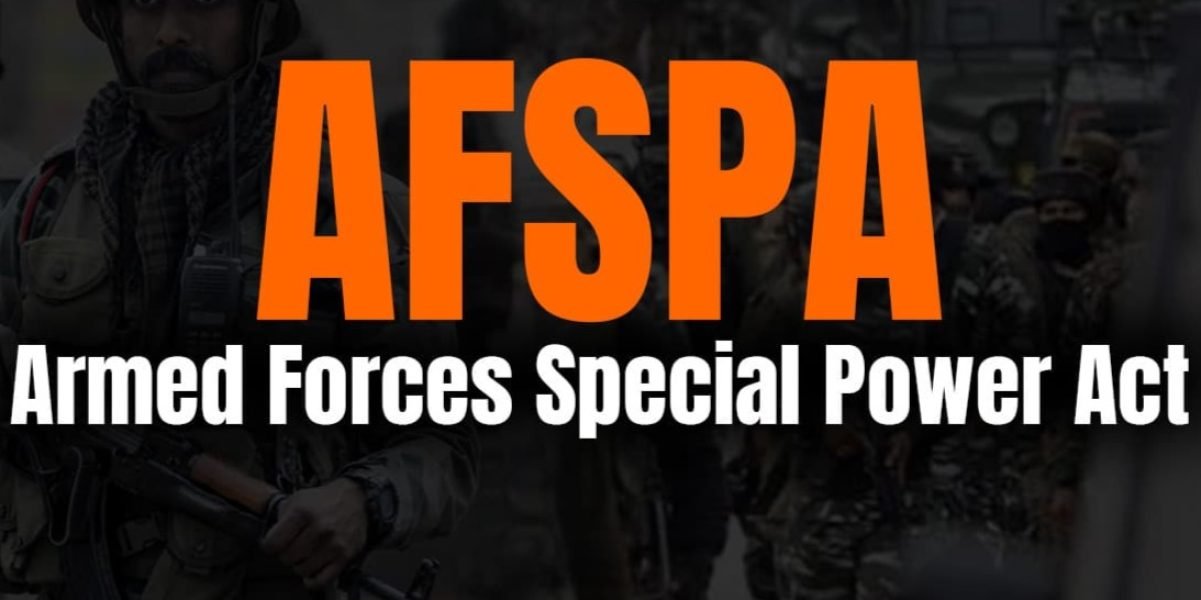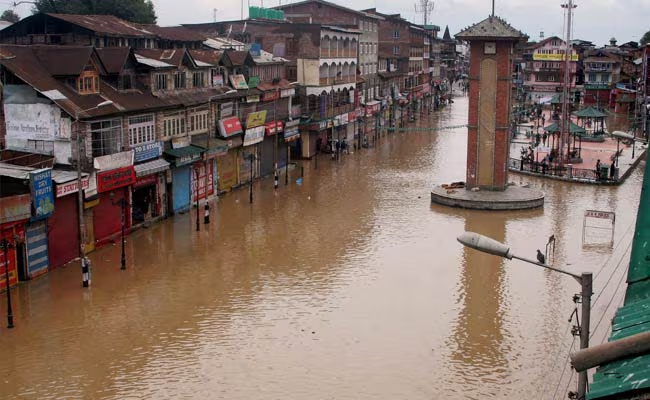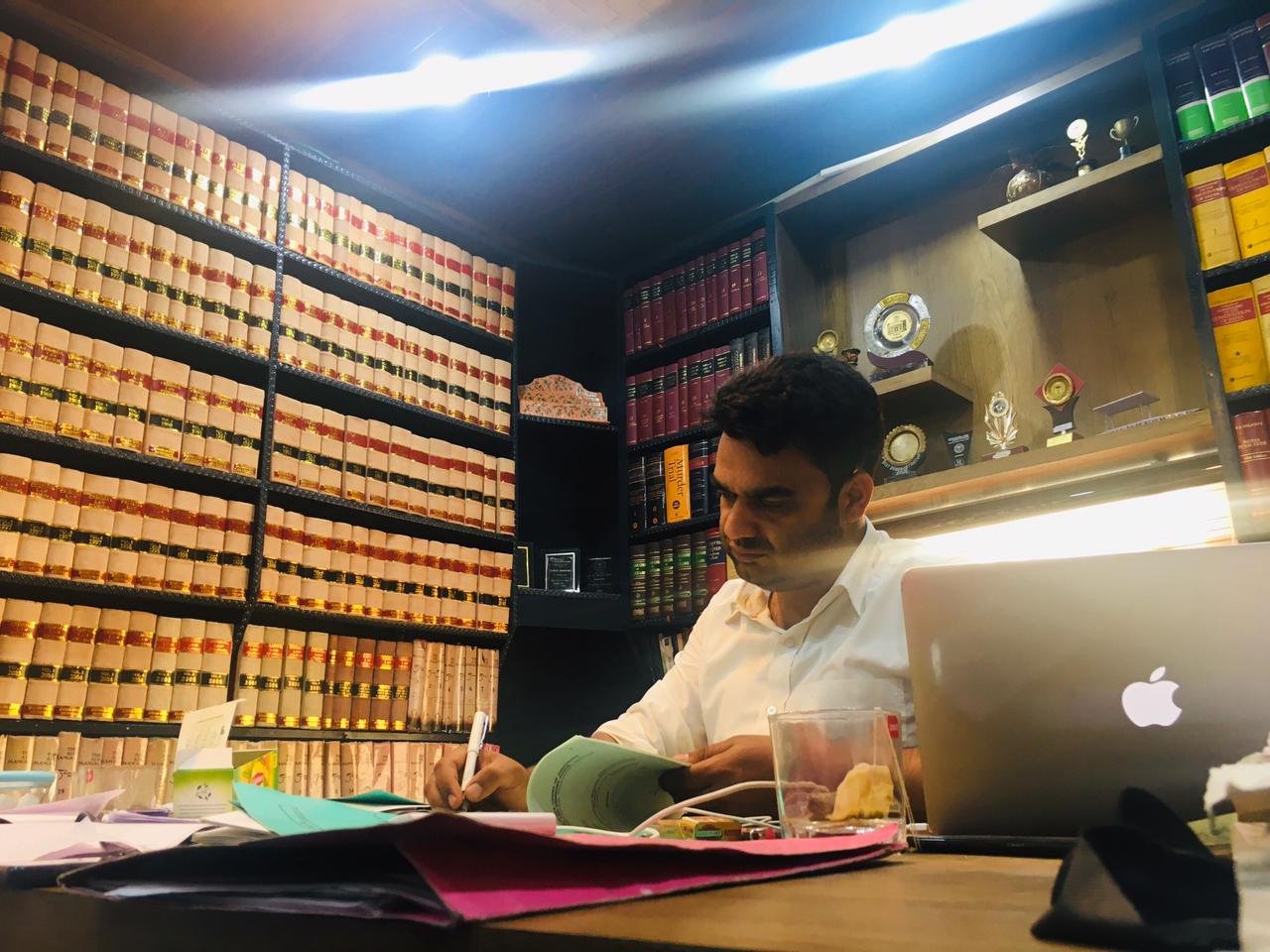
National Food Security Act: The even and the odds, with special reference to J&K state.
The Act seems to be one of the beautiful pieces of legislations after Right to Information, Act. But, the government failed to realize that defunct

While the debate over revocation of the AFSPA has not settled yet, the ill intension of government to amend the provisions of Criminal Procedure Code depicts double standard of the Omar led Government. On one hand the government has formed a political will to revoke AFSPA, on the other hand is trying to incorporate and introduce the Impunity of AFSPA into the local laws of the state.
Section 45 of Criminal Procedure Code provides that ‘Notwithstanding anything contained in sections 41 to 44 (both inclusive), no member of the Armed Forces the Union shall be arrested for anything done or purported to be done by him in the discharge of his official duties except after obtaining the consent of the Central Government’ and Section 197(3) of the code provides that “No Court shall take cognizance of any offence alleged to have been committed by any member of the Armed Forces of the Union whole acting or purporting to act in the discharge of his official duty, except with the previous sanction of the Central Government.”
Previously When Criminal Procedure Code was applied in Jammu and Kashmir state through The Central Laws (Extension To Jammu And Kashmir) Act, 1968. Sections- 45 and 197 of CrPC dealing with Army, security forces and central government employees were deleted. Sarcastically to introduce them now is an attempt to derogate the political history of Kashmir and to kill the socio-political aspirations of the people of Kashmir.
Before making any such decision of amending the Local Laws, the government is required to give it a second thought and act wisely to weigh the pros and cons of the situation. I think it fit and proper to subscribe to the view of the revered Muzaffar Hussain Baig, that Chief Minister’s ‘dicey’ proposal would allow Army to become a ‘part of local law and order machinery’. Providing impunity to the army through amendment is same as the provisions of the condemned legalisation; AFSPA, which excludes the courts power to take a cognizance over a police action, provided there is prior approval of the central government.
The legal complications of such proposed amendment will be that what is temporary in AFSPA, government is trying to make it permanent in operation. Ironically AFSPA applies to only those areas which are scheduled disturbed by the state legislature, while local laws are applicable in all areas no matter how peaceful or how disturbed they are. Since AFSPA is working as tool to plead Violations of Human Rights, which if the amendment is made will be no less the same. By amendment it imply that the Army will be empowered by the state constitution to have a part in law and order by direct applications of the law which is against the political interest of state. Legally it means that state government will be incorporating AFSPA in the local laws of state.
Socially the concept of Human Rights is not the flavour of the mouth rather a noblest pledge of men and women of good will. Politically, it is important to note here that safeguarding the basic human rights of the populace should not be used as a tool of bargain by any party, to earn the political mileage in a democratic setup. National Conference, which is in coalition government in Kashmir has voiced for bringing ‘autonomy’ to Kashmir, in such circumstances amending the CrPC will prove detrimental to such and political agenda and manifesto of the party.
(‘Arsalan’ Mubashir Mushtaq is Final Year law student at AMU Aligarh, can be reached at mubashiramu@gmail.com)

The Act seems to be one of the beautiful pieces of legislations after Right to Information, Act. But, the government failed to realize that defunct

Kashmir floods: Sailing to safety on ‘Jugaad’s Ark’ BY ‘Hilal-Mir The article is a personal, eyewitness account of the devastating floods that hit Srinagar, Kashmir,

The Right to Information (RTI) Act is often hailed as a cornerstone of transparency and accountability in democratic governance. Yet, in Jammu & Kashmir, the
As per the rules of the Bar Council of India, we are not permitted to solicit work or advertise. By visiting this website, you acknowledge that the information provided is solely for informational purposes, voluntarily gained by you. We are neither soliciting nor advertising.Further, the information provided on this website is accessed by the user's own volition, and any transmission, receipt or use of this information available on this website does not create any liability or any relationship with us.